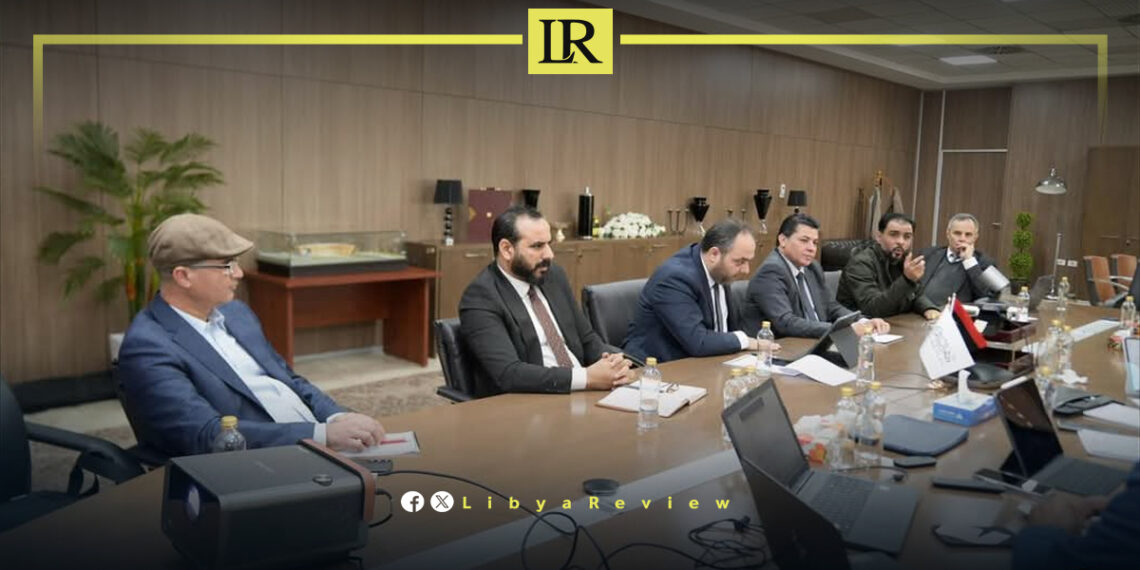The Libyan government, appointed by the House of Representatives and led by Prime Minister Osama Hammad, has officially approved a proposal to remove subsidies on fuel and petroleum products.
The announcement, made on Wednesday, includes plans to develop a mechanism for implementing the decision, which is expected to significantly impact the country’s economic framework.
In a meeting with officials from the Central Bank of Libya, the government also confirmed its commitment to enforcing Law No. 18 of 2023, which was issued by the House of Representatives to regulate public sector salaries. This move is seen as a step toward addressing long-standing salary disparities and improving financial transparency in the public sector.
They also agreed to incorporate revenues from the Libyan Investment Authority’s foreign assets into the national budget.
This initiative aims to broaden the country’s funding sources and enhance financial stability.
The meeting also focused on drafting a unified national budget for Libya. Agreements were reached on several sections of the proposed budget, including expenditure on wages and essential services, while discussions on development projects and other items were postponed for further review.
The decision to lift fuel subsidies marks a significant shift in policy, aiming to reduce financial waste and redirect resources toward national priorities. However, the move is expected to spark debate, with concerns about its potential impact on vulnerable citizens amid ongoing economic difficulties.
This move represents a broader effort to stabilize Libya’s finances and align its economic policies with long-term developmental goals.


